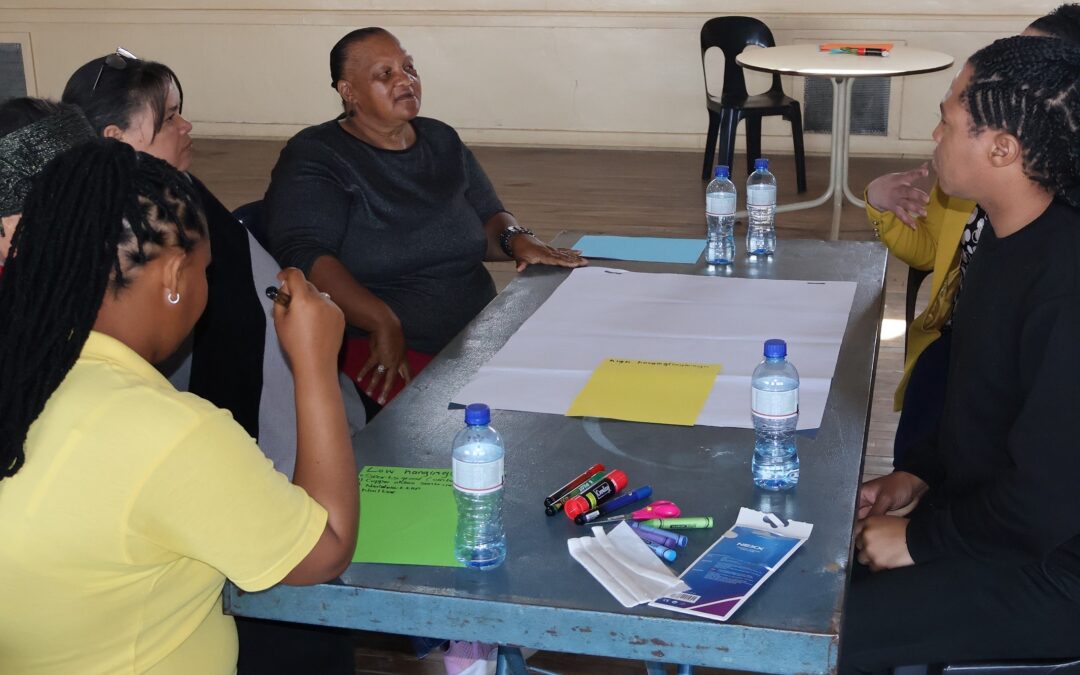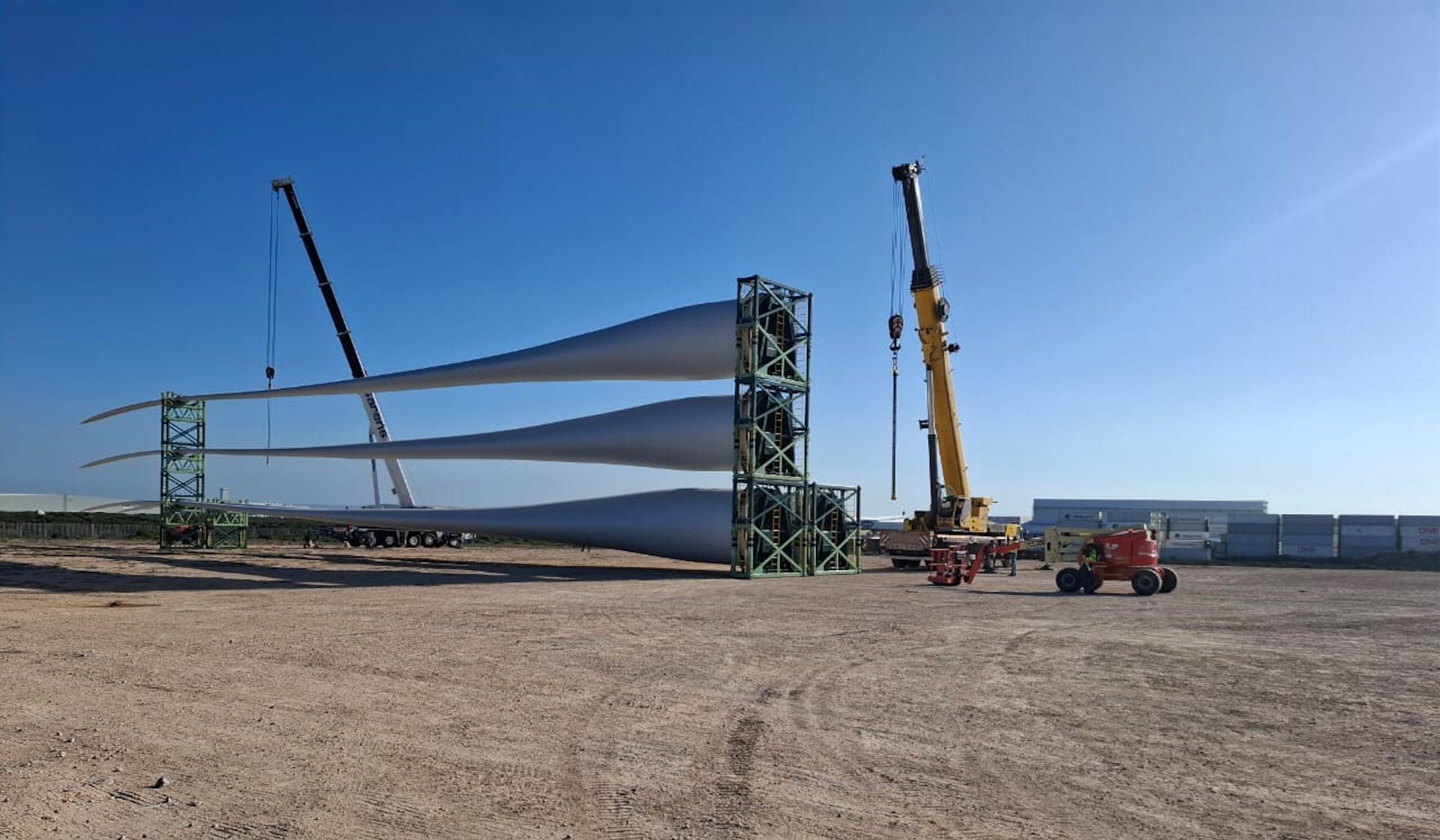In a dedicated effort to foster community-driven development and enhance the well-being of the towns within the Nama Khoi Municipal area, a series of workshops that drew close on 100 participants, were recently conducted. The primary goal of these workshops was to collaborate with community members to identify existing assets within each town and determine priority areas for development in order to build self-reliance.
Known as Asset Based Community Development (ABCD), the programme builds on the success of similar workshops conducted during 2020, with the intention is to reassess community needs, enabling Kangnas Wind Farm, the programme funders, to formulate an updated Community Investment Plan (CIP) aligned with the evolving requirements of the towns.
“The anticipated benefits of these community-driven initiatives are far-reaching. By empowering communities to take ownership of their own development, the workshops have the potential to shift mindsets from a needs-based approach to an assets-based approach. This approach fosters self-reliance and encourages communities to make use of their existing strengths for sustainable growth,” stated Rouchet Daniels, Economic Development Manager for Kangnas Wind Farm.
During the workshops, participants were encouraged to share their pride in their communities, cultivating a positive perspective on community assets. Attendees were then tasked with identifying and listing all forms of assets, ranging from human and social assets to financial, physical, and natural assets.
Close to 100 individuals from the various towns actively participated in these workshops, demonstrating a strong commitment to community development.
“We are grateful for the opportunity to participate in the workshop, and we would like to thank the wind farm for coming out to have these workshops with us. We now have a better understanding of the development approach of the wind farm,” expressed one of the participants from Okiep.
Looking ahead, Kangnas Wind Farm plans to revisit the beneficiary towns after six months to provide feedback on the top priorities identified during the workshops. This follow-up step aims to evaluate progress and determine whether the low-hanging projects have been successfully implemented.
These workshops were conducted in all eight beneficiary towns, including Concordia, Okiep, Nababeep, Bergsig, Springbok, Matjieskloof, Carolusberg, and Fontyntjie.


